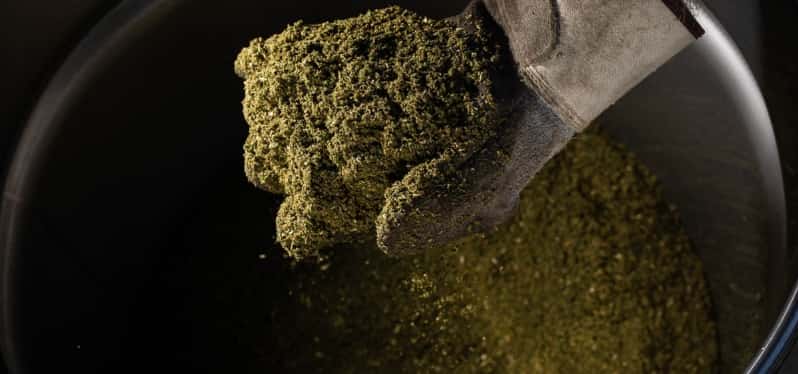In the burgeoning world of cannabis, where regulations are evolving and consumer demands are high, maintaining high standards of quality and safety is paramount. Good Manufacturing Practices (GMP) play a crucial role in ensuring that cannabis products meet the necessary standards for purity, quality, and consistency. In this blog post, we’ll delve into what GMP entails and why it’s essential for businesses operating in the cannabis industry.
What is GMP?
Good Manufacturing Practices (GMP) are a set of guidelines and regulations put in place to ensure that products are consistently produced and controlled according to quality standards. These standards are designed to minimize the risks involved in any pharmaceutical, food, or cannabis production that cannot be eliminated through testing the final product. GMP covers various aspects of production, including:
1. Facility and Equipment: Ensuring that facilities and equipment are suitable for their intended purpose, properly maintained, and sanitized to prevent contamination.
2. Personnel Training and Hygiene: Providing adequate training to employees and ensuring that they adhere to proper hygiene practices to prevent product contamination.
3. Documentation and Record-Keeping: Maintaining thorough documentation of processes, procedures, and activities to ensure traceability and accountability.
4. Quality Control: Implementing measures to monitor and control the quality of raw materials, intermediates, and finished products.
5. Product Testing: Conducting regular testing of products to ensure they meet specifications for identity, purity, potency, and safety.
The Importance of GMP in the Cannabis Industry
In the cannabis industry, where products are consumed for medicinal and recreational purposes, adherence to GMP is critical for several reasons:
1. Consumer Safety: GMP helps ensure that cannabis products are safe for consumption by minimizing the risk of contamination with harmful substances such as pesticides, heavy metals, and microbial pathogens.
2. Product Quality and Consistency: By following GMP guidelines, cannabis producers can maintain consistent quality across batches, providing consumers with reliable products that meet their expectations.
3. Compliance with Regulations: Many jurisdictions require cannabis producers to adhere to GMP standards as part of their licensing requirements. Compliance with these standards is essential for legal operation and market access.
4. Building Trust and Credibility: By demonstrating a commitment to GMP, cannabis businesses can build trust and credibility with consumers, regulators, and other stakeholders, enhancing their reputation in the industry.
5. Risk Mitigation: Implementing GMP practices helps mitigate the risk of product recalls, legal liabilities, and damage to reputation associated with non-compliance or product contamination.
KannaMill’s Commitment to GMP
At KannaMill, we recognize the importance of GMP in ensuring the quality and safety of our cannabis processing equipment and the products produced with them. We are committed to adhering to GMP guidelines in all aspects of our operations, from design and manufacturing to customer support and service.
Our equipment is designed and manufactured to meet the highest standards of quality and reliability. We prioritize the use of materials that are safe for use in cannabis processing and ensure that our equipment is easy to clean and maintain to prevent cross-contamination. By partnering with KannaMill, cannabis producers can have confidence in the quality and safety of their products, knowing that they are backed by a company that takes GMP seriously.
Conclusion
GMP plays a crucial role in ensuring the safety, quality, and consistency of cannabis products in the rapidly growing cannabis industry. By adhering to GMP guidelines, businesses like KannaMill can build trust with consumers, regulators, and stakeholders while mitigating risks associated with non-compliance. As the industry continues to evolve, a commitment to GMP will be essential for success and sustainability in the cannabis market.

